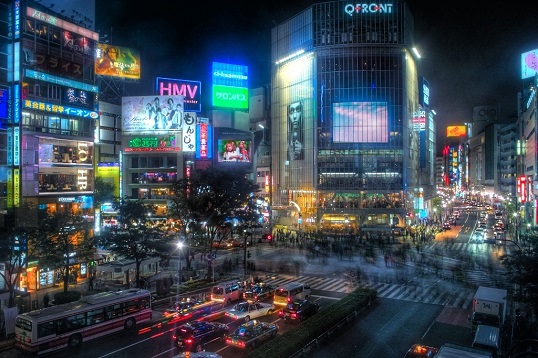I was planning on writing a lot of film reviews today. After all, I am definitely running behind. I’ve recently seen everything from Lavalantula to Trainwreck to The Stanford Prison Experiment and I promise that, within the next few days, I will get around to reviewing all of them.
But right now, I am having a hard time getting my mind to focus. Indulge me, if you will, in a few off-topic thoughts:
We live in an angry world. Fortunately, there is often enough good out there to allow us to maintain some sort of hope in the face of the bad. But this week…oh my God, this week. I find myself dreading going on twitter because my timeline is full of hatred. It’s being spewed by people on both sides of the political and cultural divide and none of it is really designed to debate an issue or change anyone’s mind. Instead, it’s simply a celebration of just how capable and imaginative we, as a species, are when it comes to finding excuses to hate one another.
Sometimes, it becomes too much to handle. It’s infuriating. It’s depressing. It’s exhausting. I can understand why my fellow TSL writer, Viktor VonGlum, takes occasional breaks from all forms of social media.
I think, ultimately, the main reason all of the twitter fights and the angry Facebook memes and the internet trolling gets to me is because it all feels so pointless. It’s depressing that there are apparently thousands of people out there who believe that tweeting out a picture of some smirking comedian talking about what he thinks Jesus would do is somehow the equivalent of true political activism. The whole idea that any of this is being done to make the world a better place is a fantasy. Instead, it’s simply a reflection of the fact that we live in an angry and hateful world. Nobody’s mind is going to be expanded. Nothing is going to be accomplished. Nothing is going to be changed. And nothing is ever going to get better. And let’s be honest, here — the majority of twitter activists don’t want to change the world. If the world ever became more like the one they claim to want, they would lose their excuse for being angry and hence, their reason for existing.
That’s why I usually refuse to comment on politics on twitter. That’s why, whenever any of my friends on Facebook send out a political meme, I usually choose to hide the post. Me, sign a petition? Unless it’s related to film preservation, don’t count on it…
Or, at least, that’s what I would have said until earlier today. That was when I read about the death of Cecil the Lion. Cecil was a 13 year-old lion who lived in Zimbawe’s Hwange National Park. Since 1999, Cecil had been a part of a study conducted by scientists from Oxford University. Known for being a particularly friendly lion, Cecil was something of a national icon in his home country.
Earlier this month, an American tourist killed Cecil the Lion. Working with two accomplices, this hunter used meat to lure Cecil away from the safety of the park. He then shot Cecil with a bow and arrow. When that failed to kill Cecil, this hunter spent 40 hours tracking Cecil. When he found the wounded Cecil, he shot and killed him with a rifle. Cecil was then skinned and beheaded. To the hunter, Cecil was just another trophy. Cecil’s cubs have now been left without a father and will probably be killed as other male lions seek to take over Cecil’s pride.
Well, when I read that story, I finally had enough. I was finally as pissed off as everyone else on twitter. And I did something that I have never done before. I signed a petition over at Whitehouse.gov, demanding that the American tourist be extradited to face poaching charges in Zimbawe. And if the story of Cecil’s death pissed you off as much as it did me, I would ask you to consider signing as well. Here’s the link.
(As someone who believes in as little government as possible, I am as shocked as anyone by the fact that I’m petitioning the government to actually do something.)
Thank you for your consideration and for indulging me in this little off-topic rant.
Cecil The Lion, R.I.P.

